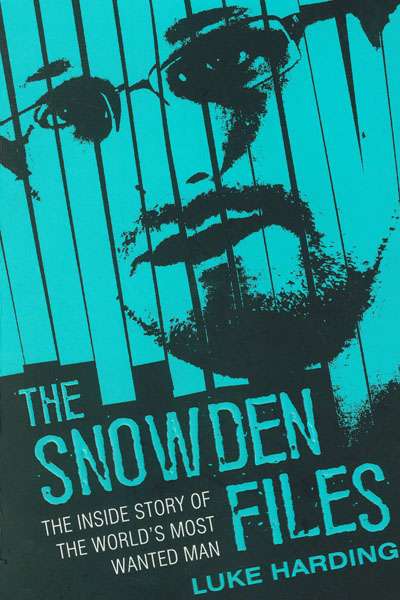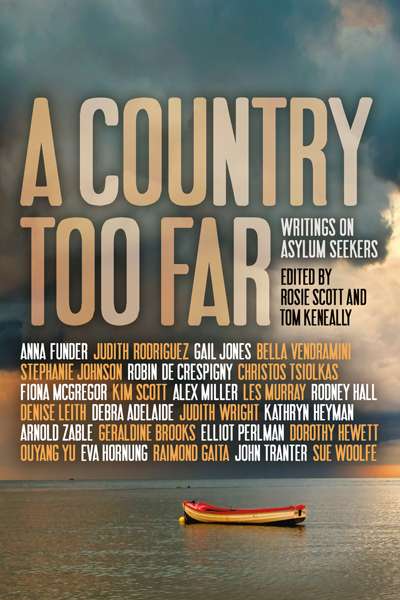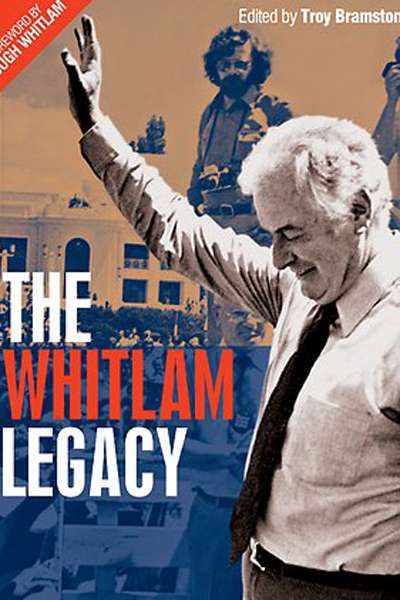Politics
The Snowden Files by Luke Harding & No Place to Hide by Glenn Greenwald
1984 is back. George Orwell’s nightmare vision of governmental surveillance, secrecy, and deception clearly resonates with the revelations first leaked to the Guardian by former National Security Agency (NSA) contractor Edward Snowden. Indeed, it is practically impossible to find an account of the Snowden affair without at least one ‘Orwellian’ adjective dropped into the mix. Sometimes it comes qualified: Justice Richard J. Leon, District Court Judge for the District of Columbia ruling in December 2013 that the bulk collection of US mobile phone records was probably unconstitutional, called the NSA program ‘almost Orwellian’. This decision is currently under appeal.
... (read more)Some of the wildly successful historical novels of Richard Harris are counter-factual, like Fatherland (1992), which assumes a successful Nazi invasion of Britain. By contrast, his most recent work, An Officer and a Spy (2013), builds on a highly detailed account of the Dreyfus affair, which convulsed France in the late nineteenth and early twentieth centuries ...
... (read more)Protests, Land Rights and Riots: Postcolonial struggles in Australia in the 1980s by Barry Morris
Protests, Land Rights and Riots examines indigenous politics in New South Wales in the 1980s. The discussion focuses on several protests, including the infamous 1987 ‘Brewarrina riot’, which followed the death of a young Aboriginal man in police custody, as well as a 1990 demonstration against amendments to the Aboriginal Land Rights Act 1983 (New South Wales). Morris, an anthropologist, provides the background to these and other events, and captures the tensions that characterised indigenous politics at the time, as well as the post-colonial ‘fantasies’ and ‘anxieties’ that infused the broader society around its bicentenary.
... (read more)The Gillard Governments: Australian Commonwealth administration edited by Chris Aulich
The prime ministership of Julia Gillard attracted an immense amount of media attention, not least because of the novelty of a female leader aspiring to embody the values and dreams of the Australian people. As opposition to her policies and style grew, Gillard as the government figurehead was at times subjected to extremist protests that used her gender as a weapon. Gillard’s prime ministership and perceptions of female power in contemporary Australia are issues explored in various chapters of The Gillard Governments, though not as extensively as its back-cover blurb would have us believe. The contributors to this edited volume are more interested in understanding the government’s policy development, administration and machinery of government than in the prime minister and her individual challenges.
... (read more)Helen Small, Professor of English at Pembroke College, Oxford, adopts a pragmatic and non-polemical approach in addressing The Value of the Humanities. This topic has been much debated recently as political and economic pressures on universities and funding agencies have led to an alleged devaluation of the humanities.
... (read more)Fire and Ashes: Success and failure in politics by Michael Ignatieff
Knowledge gained through academic life is no preparation for political practice. So found Michael Ignatieff, the distinguished Canadian historian and public intellectual. In October 2004 he was teaching at Harvard University when approached by ‘three men in black’. These Liberal Party power brokers suggested Ignatieff leave the classroom and run for office. Fire and Ashes tells what happened next. By January 2006 Ignatieff found himself in the House of Commons in Ottawa. Less than three years later he was leader of the Opposition.
... (read more)A Country Too Far: Writings on Asylum Seekers edited by Rosie Scott and Tom Keneally
Australia is a country that will not be intimidated by its own decency. On 28 August 2001, as a detail of Special Air Services soldiers was dispatched to MV Tampa, Prime Minister John Howard spoke about the 438 people – mostly Afghan Hazaras – who languished aboard the freighter ...
... (read more)The Roar of the Lion: The Untold Story of Churchill’s World War II Speeches by Richard Toye
In his introduction to this book, Richard Toye makes the startling but, as far as I know, accurate claim that this is the first book to offer a comprehensive analysis of Churchill’s wartime speeches. For a series of orations that now occupy many pages of any dictionary of quotations, The Roar of the Lion fills a surprising gap. Unfortunately, it does not fill it adequately.
... (read more)Having edited multi-authored retrospectives of The Wran Era (2006) and The Hawke Government (2003) together with For the True Believers: Great Labor Speeches (2013), Troy Bramston has now turned his attention to The Whitlam Legacy. It is a comprehensive survey, not confined to assessments of how much the government’s initiatives remain ...
In a time of spin and media management, it is refreshing to read a book written by a politician setting out core beliefs. Cory Bernardi has done this in The Conservative Revolution. Its launch was greeted with reports of his support for a completely free market in labour relations, his opposition to abortion, and his dislike of homosexuality. Many presented h ...









